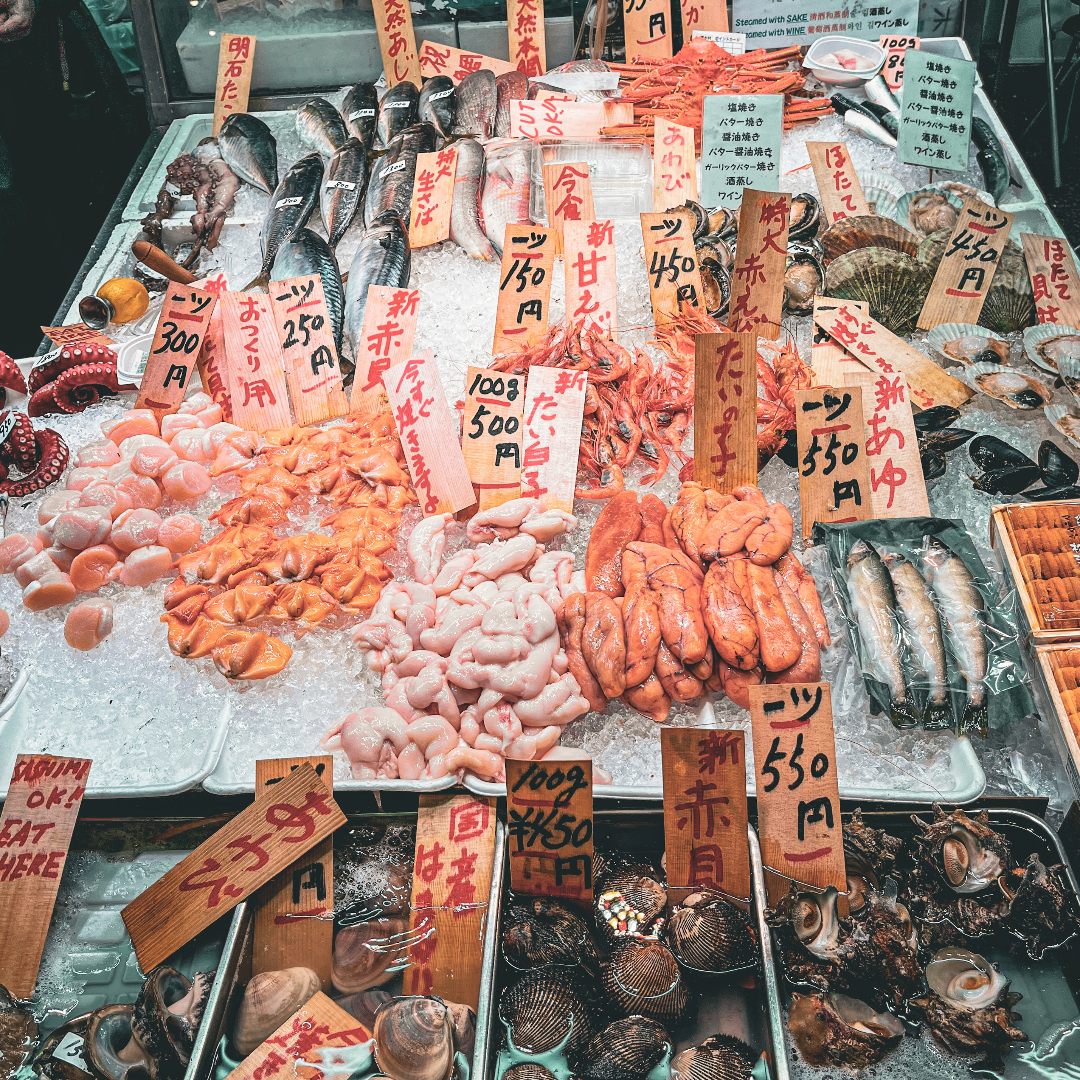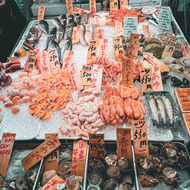Fukushima: China's Seafood Imports from Japan Drop 67% in August
Posted by Stelios on 22nd Sep 2023 Reading Time:
China's seafood imports from Japan saw a significant dip last month following Tokyo's decision to discharge treated wastewater from the Fukushima nuclear power plant. According to the Chinese customs body, the import of Japanese seafood decreased by 67.6% in August compared to the same period the previous year.

Japan's Department for Agriculture and Fisheries highlighted that China had been the globe's primary importer of their seafood. In the past year, Asia's leading economy brought in ¥84.4 billion (roughly $571m; £461m) worth of seafood from its neighbouring nation.
This substantial decline coincided with Japan's preparations to release the wastewater and the subsequent aftermath of this act.
Since the devastating tsunami in 2011 severely impaired the Fukushima nuclear facility, over a million tonnes of treated wastewater has accumulated on the site. The discharge process commenced on 24th August and is estimated to span over 30 years. On the same day, China banned all seafood imports from Japan.
Fishing trade bodies within Japan and the surrounding regions voiced their apprehensions about the potential ramifications of the discharge on their means of living.
The embargo by China was enforced even though Japan assured the water's safety, a sentiment echoed by numerous scientists. Additionally, the United Nations' atomic monitor greenlit the procedure. Tokyo has also emphasised that similar wastewater releases are frequent at other nuclear power sites in China and France.

Japan routinely issues updates confirming that the seawater near Fukushima exhibits no discernible radioactive levels.
China vehemently opposed the discharge, leading to misinformation causing incidents like stone-pelting at Japanese educational establishments in China and numerous antagonistic calls to local enterprises in Fukushima.
The Japanese administration has pledged financial support for the fishing sector, while Tepco, the firm overseeing the Fukushima facility, expressed its readiness to recompense local enterprises impacted by the discharge.
Japanese politicians are fervently vouching for the safety of seafood and water from Fukushima.
In a promotional video by the Japanese government, Prime Minister Fumio Kishida was seen savouring sashimi sourced from Fukushima, whilst former Environment Secretary Shinjiro Koizumi was observed surfing in the vicinity.
Financial analysts opine that the slump in seafood exports might not substantially affect Japan's broad economic picture, given that their primary exports to China are predominantly automobiles and machinery.

